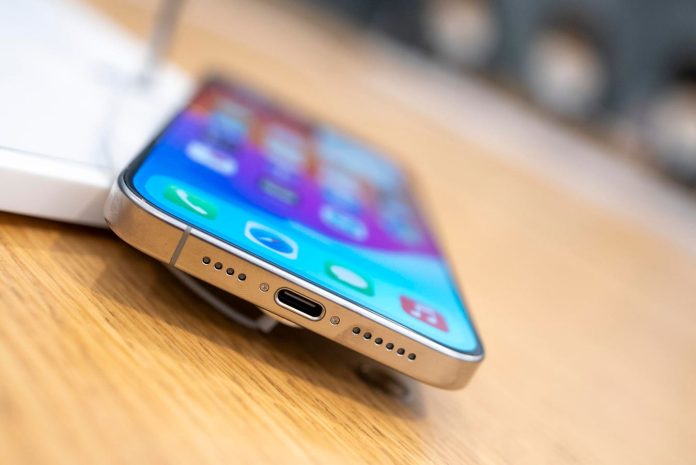Apple’s iPhone 15
Getty Images
Apple’s control over the App Store has loosened with the EU’s Digital Markets Act (DMA) in effect, allowing sideloading through third-party marketplaces like AltStore PAL.
This shift poses new cybersecurity risks, exemplified by the recent Apple-notarized porn app, Hot Tub, available through AltStore PAL. Apple’s concern over such apps potentially undermining user trust and safety, especially for minors, highlights broader cybersecurity threats associated with third-party app installations.
The Growing Threat Of Sideloaded Apps
The introduction of third-party app stores on iOS offers users greater software freedom but also exposes them to significant cybersecurity risks previously uncommon on iOS.
Users must be aware of:
- Increased Exposure to Malware Privacy
Third-party marketplaces may host malicious apps, despite Apple’s notarization process screening for malware. Cybercriminals can exploit sideloading to distribute compromised apps with malware.
- Privacy Risks from Unregulated Apps
Third-party apps may collect excessive user data, share it without consent, and lack transparency in data usage, circumventing Apple’s strict privacy policies.
- Exposure to Fraudulent and Predatory Content
Adult content apps raise concerns about content moderation and safety, potentially exposing users to harmful material.
- Increased Risks for Minors
Parents face challenges in preventing minors from accessing banned content without Apple’s traditional app approval system.
6 Must-Know Consumer Protection Tips
As sideloading becomes prevalent among iPhone users, ensuring mobile app cybersecurity is essential. Here are crucial steps to mitigate risks when using third-party marketplaces:
1. Stick to Trusted Sources
Download apps only from reputable sources to avoid potential security breaches.
2. Check App Permissions
Review app permissions carefully, especially for external apps, and be cautious of excessive access requests.
3. Keep iOS and Security Updates Enabled
Regularly update iOS to protect against potential security vulnerabilities.
4. Use Apple’s Built-in Privacy Features
Utilize iOS security features like App Tracking Transparency and parental controls for added protection.
5. Avoid Entering Personal or Financial Information in Unverified Apps
Only share sensitive information with verified and reputable apps.
6. Consider a Mobile Security App
Invest in mobile security apps to scan for malicious software and phishing threats in light of sideloading possibilities.




